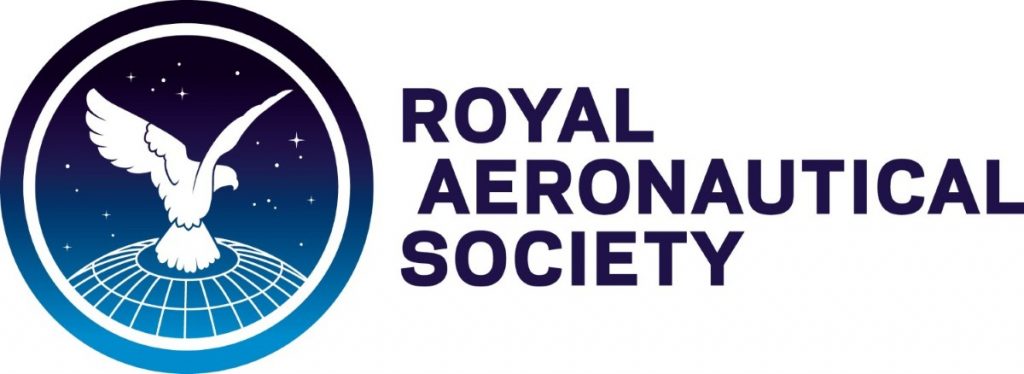Defence budget rises to have limited impact without strategic reassessment of UK global ambitions
Air power capability gaps are likely to persist despite promised increases to the UK defence budget unless the Government holds an open and honest debate about the UK’s future position in the world, argues a new Royal Aeronautical Society (RAeS) paper.
As the Government formulates the next National Security Strategy (NSS) and Strategic Defence and Security Review (SDSR), the paper – entitled Building flexible capability for a fast-changing world – cautions against a repeat of the resource-driven approach of 2010, which resulted in the withdrawal of certain air capabilities with little detailed assessment of the growing and fast-changing threat landscape.
Instead, the RAeS encourages a more balanced approach with the identification of clear strategic goals, based on a transparent consideration of what UK global influence could look like within planned budgets, in order to deploy limited resources more efficiently and effectively.
First and foremost, the Government should focus on developing a military capability that improves the UK’s flexibility to adapt to and deal with rapidly evolving global security challenges.
Iain McNicoll FRAeS, chairman of the RAeS Air Power Group, said: “A mere adjustment to the 2010 review to suit pre-determined budgets would be inadequate if the UK is to maintain a strong global role and project power internationally.
“We face a very different, and faster changing geo-political situation than five years ago, so the Government is urged to carry out a full, fresh, strategy-led review to help target air power capacity and capability more effectively in the short and longer terms.
“The Government should look to invest in the development of an agile and adaptable force structure that can easily and successfully counter shifting threats and situations.”
The paper argues that the 2015 NSS and SDSR must also:
• Factor in the potential risk and practical outcomes of a no vote in the referendum on UK membership of the EU, particularly from an industrial perspective; otherwise the review exercise could become void.
• Fully consider the optimum mix of manned and unmanned aircraft, as high-end unmanned may not always be cheaper or more flexible than manned aircraft, and are not invulnerable to attack, as they have so far been used only in uncontested airspace.
• Continue to identify improvements to defence procurement and organisational structures to maximise efficiency and value for money.
• Assess the capability of the aerospace industrial base to meet current and future operational requirements.
• Seek to achieve a better balance of safeguarding operational sovereignty and delivering better value for money by identifying where buying from UK industry serves the overall national interest – and conversely where buying from abroad delivers best value.
Media enquiries to:
Simon Whalley
Tel: 020 7670 4362
Email: simon.whalley@aerosociety.com





-01.png)